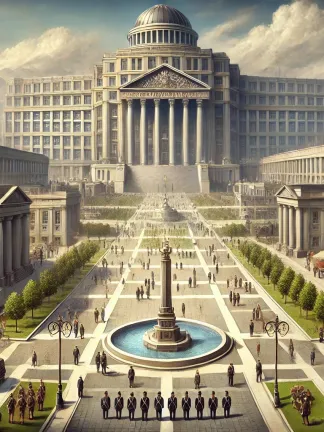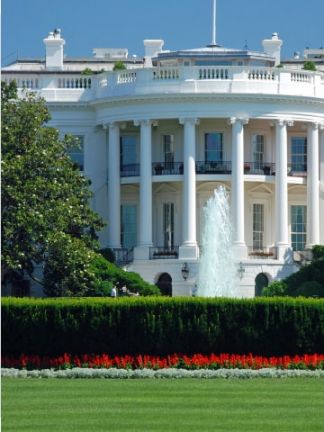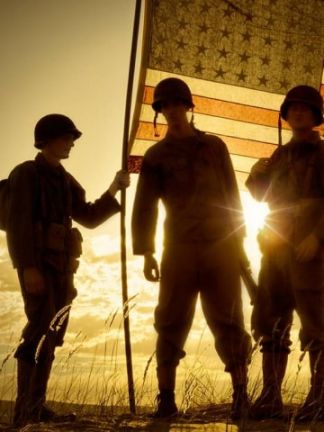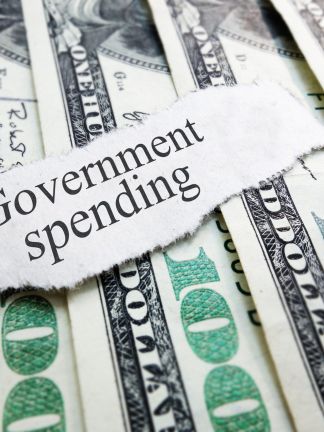The End Of Prohibition Started With The States

This week marks the anniversary of the repeal of prohibition of alcohol all across the United States.
The move was made official when the 18th Amendment to the U.S. Constitution was repealed by the 21st Amendment on December 5, 1933. But long before this policy shift was finally embraced by the federal government, local and state governments had already not only stood to federal prohibition in theory but also embraced policies that rendered the federal government’s decision to prevent Americans from drinking alcohol useless locally.
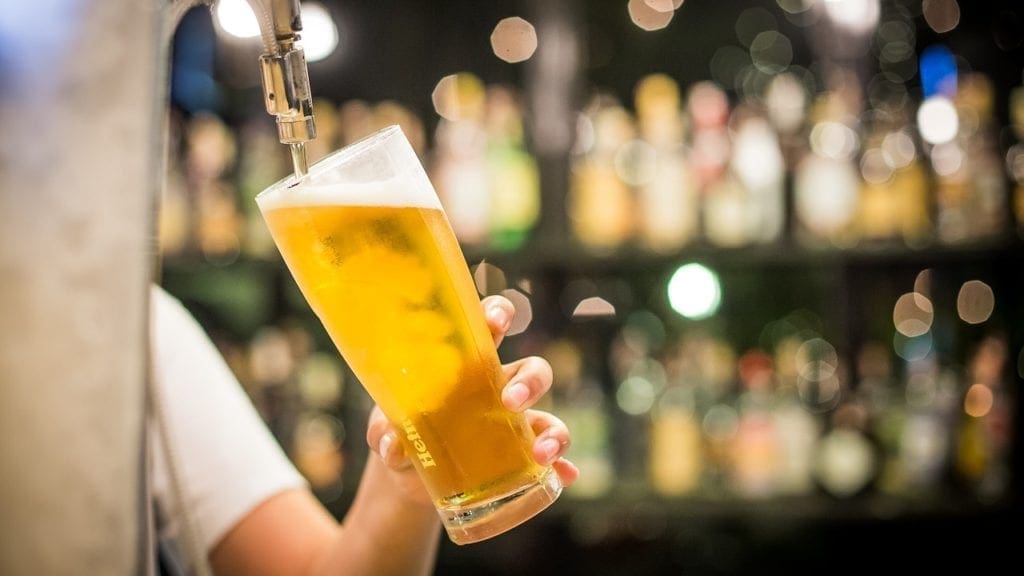
According to the Tenth Amendment Center, the decision to defy the federal government “created the atmosphere where this repeal was inevitable.”
Long before wealthy industrialist John D. Rockefeller Jr., a former supporter of prohibition, came to realize that laws against drinking alcohol actually led to an increase in alcohol consumption, the state of Maryland had been the only state to forego passing laws that enforced prohibition locally. Due to the 18th Amendment and the Volstead Act, states felt compelled to pass their own laws enforcing prohibition, but Maryland was never onboard.
Eventually, other states joined. New York was the first, passing legislation in 1923, but others quickly followed suit, feeling that the enforcement of prohibition required too many resources.
Talking about the federal prohibition, Maryland Senator William Cabell Bruce told Congress in the mid-1920s that while the amendment had been into effect for six years, “it can be truly said that, except to a highly qualified extent, it has never gone into practical effect at all.”
By 1925, six other states had passed their own laws, keeping local police from investigating prohibition-related infractions. And with cities growing tired of the feds meddling with their affairs, local officials were also refusing to provide aid. By 1928, 28 states had said no to aiding the feds in going after locals breaking prohibition rules.With both individuals regularly breaking the federal law, producing alcohol in their own homes or visiting speakeasies where alcohol consumption was the norm, and state and local officials defying the feds, Congress had nothing else to do except to move toward bringing an end to the prohibition on paper, even though it had technically been dead for years in practice.
Much like what states are doing now with the drug war, nullifying marijuana prohibition locally first, the pressure built up until it was impossible for the feds to ignore that their influence wasn’t making a dent.
Americans now understand that the fight for freedom begins locally. As libertarians, we know that this creates real competition between small, local governments, giving residents more options. With more and more states joining the nullification bandwagon, everything from federal health to monetary policies are being defied locally. And hopefully, this is just the beginning of a broader movement that might eventually completely tie the hands of the federal government, allowing individual Americans to take their lives back from regulators.
Author
Advocates for Self-Government is nonpartisan and nonprofit. We exist to help you determine your political views and to promote a free, prosperous, and self-governing society.
What do you think?
Did you find this article persuasive?

